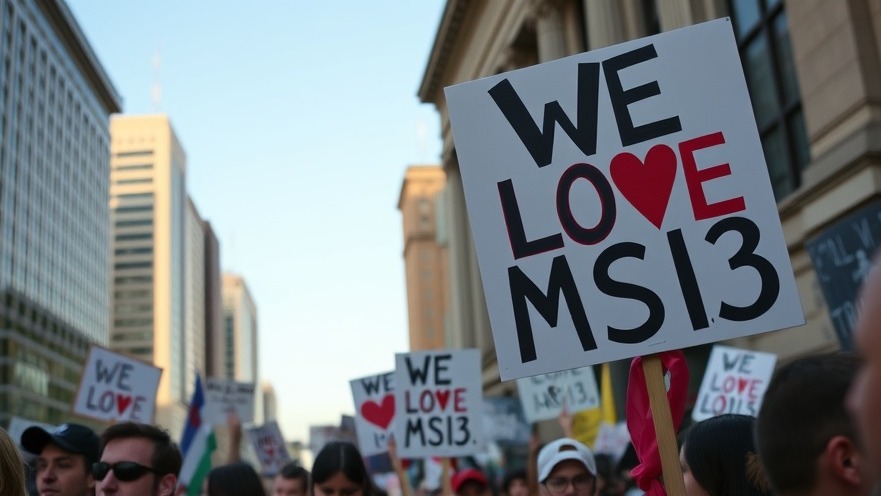
The Controversy Over Sanctuary Policies in Minnesota
The ongoing debate surrounding sanctuary policies in the United States has reached a crucial juncture with the Department of Justice (DOJ) filing a lawsuit against Minnesota's state government and its major cities—Minneapolis and St. Paul. This lawsuit challenges the legality of policies that prevent local authorities from cooperating with federal immigration enforcement, arguing that they allow "dangerous criminals" to evade deportation and continue posing threats to public safety.
Understanding the Stakes: What Are Sanctuary Policies?
Sanctuary policies were established to foster trust between immigrant communities and local law enforcement agencies. These policies often limit cooperation with federal immigration authorities in an effort to encourage undocumented immigrants to report crimes without fear of deportation. However, critics argue that such policies can complicate immigration enforcement and allegedly harbor individuals with criminal backgrounds, as highlighted by the DOJ's allegations regarding Minnesota.
The DOJ's Position: A Matter of Public Safety?
In a statement, Attorney General Pamela Bondi emphasized that sanctuary policies jeopardize public safety by permitting illegal immigrants convicted of serious crimes to remain in communities, escaping federal oversight. The lawsuit claims that policies in Minnesota and its major urban centers led to the release of individuals implicated in serious offenses such as assault and human trafficking, which would typically qualify them for removal.
Counterarguments: Emphasizing Community Trust and Safety
On the other hand, officials from Minnesota, including Attorney General Keith Ellison and Minneapolis Mayor Jacob Frey, have called the lawsuit politically motivated, labeling it as an infringement on local authority and a baseless attack on community safety. They argue that these policies do not excuse criminal behavior but rather aim to strengthen community policing by building trust among residents, especially undocumented immigrants.
A Broader Context: Trends Across the Nation
This Minnesota lawsuit is part of a larger pattern where the Trump administration has clashed with several Democratic-led states and municipalities over similar immigration policies. Recent lawsuits have targeted New York, Los Angeles, and Boston, signifying a systematic effort to challenge sanctuary policies deemed counterproductive to federal immigration goals. This wave of litigation raises questions about local control over public safety versus federal immigration priorities.
Future Implications: What Lies Ahead for Sanctuary Policies?
As courts across the nation begin to address these high-stakes conflicts, the outcomes could set important precedents. If the DOJ succeeds in its legal claims, it may embolden other states to reconsider their sanctuary policies. Conversely, if Minnesota and similar jurisdictions prevail, it could reaffirm local governments' rights to implement policies that reflect their community's values and priorities. The safeguarding of immigrant populations could emerge as a significant legal and political challenge in the upcoming elections.
Takeaway: Balancing Immigration and Community Safety
The ongoing conflict between federal efforts to enforce immigration laws and local sanctuary policies illustrates a critical national issue. As communities grapple with issues of safety, trust, and justice, the outcome of lawsuits like those in Minnesota will likely impact the broader immigration debate across the country. Stakeholders from various backgrounds must come together to explore solutions that address safety concerns while promoting trust and cooperation with immigrant communities.
 Add Element
Add Element  Add Row
Add Row 



Write A Comment